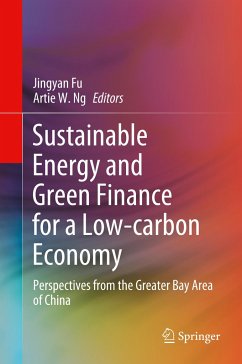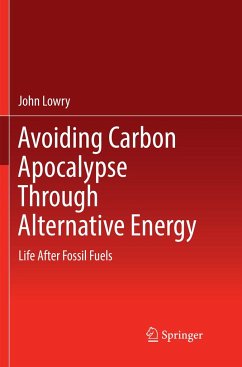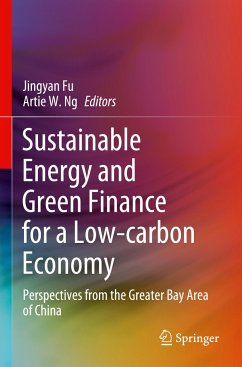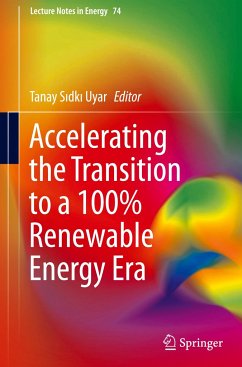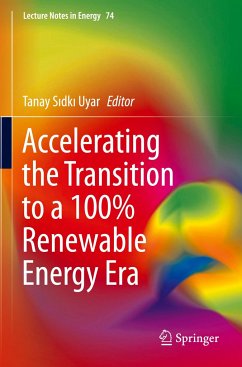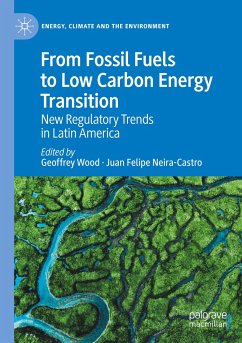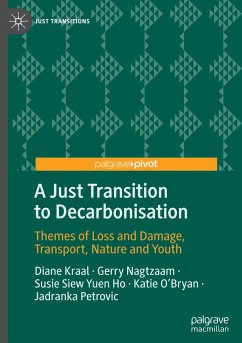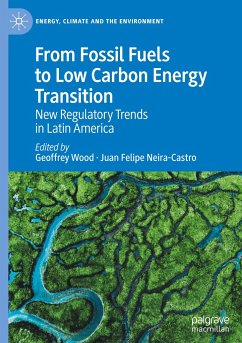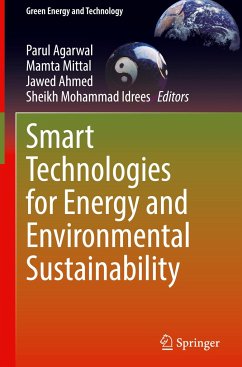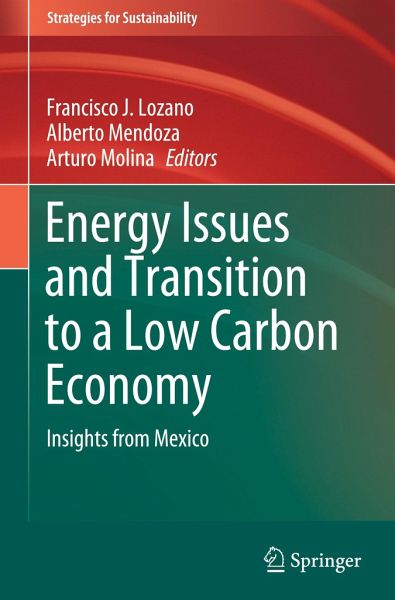
Energy Issues and Transition to a Low Carbon Economy
Insights from Mexico
Herausgegeben: Lozano, Francisco J.; Mendoza, Alberto; Molina, Arturo

PAYBACK Punkte
49 °P sammeln!
Without energy, there is no well-functioning economy, besides facing social risks. This book provides a systemic approach to energy in Mexico and its relations to the USA arising from the energy reform of the former. It covers the transition from fossil fuels to a low-carbon economy, relying heavily on renewable sources and mitigating climate change risks.Several human knowledge disciplines and topics are covered in the book, including public policy, economics, transboundary issues, electricity and thermal energy, residual biomass use, distributed energy systems and its management, and decisio...
Without energy, there is no well-functioning economy, besides facing social risks. This book provides a systemic approach to energy in Mexico and its relations to the USA arising from the energy reform of the former. It covers the transition from fossil fuels to a low-carbon economy, relying heavily on renewable sources and mitigating climate change risks.
Several human knowledge disciplines and topics are covered in the book, including public policy, economics, transboundary issues, electricity and thermal energy, residual biomass use, distributed energy systems and its management, and decision-making tools.
An analysis is considered regarding energy issues interaction in the Mexican-USA border, which differ in both countries from pricing and policy, and the work and research that has been developed for transboundary energy trade.
Several human knowledge disciplines and topics are covered in the book, including public policy, economics, transboundary issues, electricity and thermal energy, residual biomass use, distributed energy systems and its management, and decision-making tools.
An analysis is considered regarding energy issues interaction in the Mexican-USA border, which differ in both countries from pricing and policy, and the work and research that has been developed for transboundary energy trade.



